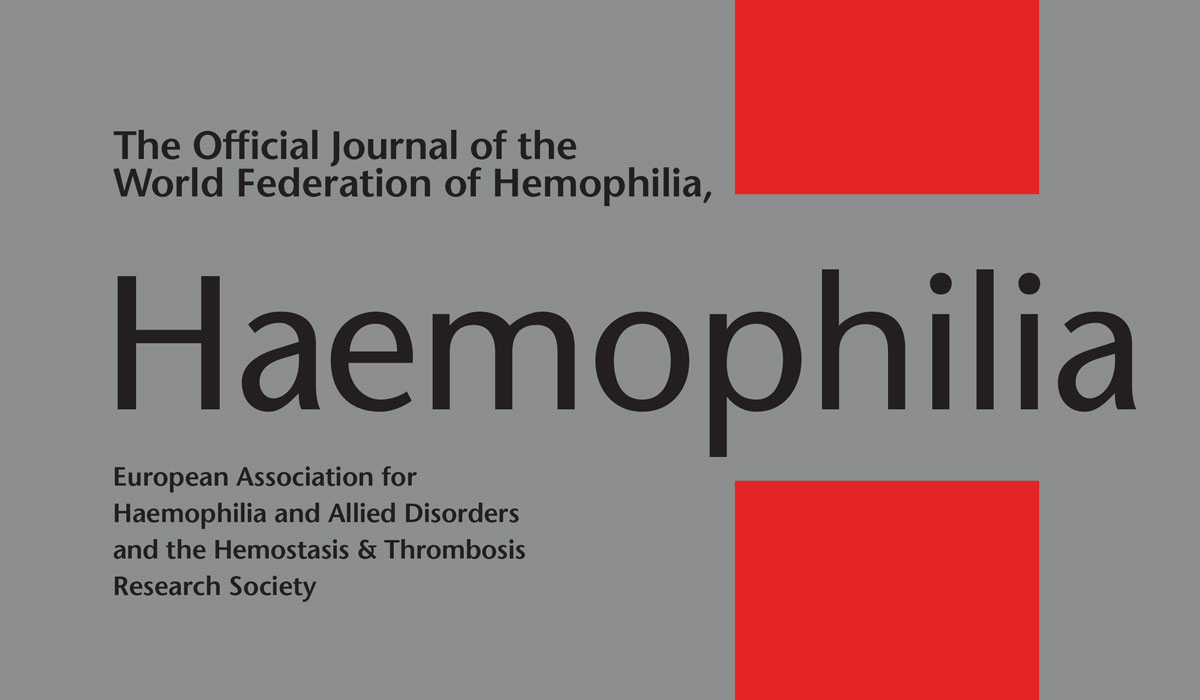The WFH has been very active in Nepal, through programs such as the WFH World Bleeding Disorders Registry (WBDR), and the WFH Humanitarian Aid Program. The impact the latter program has had on the country was recently recognized in an article published by Wiley. The piece references surgery on the joints of patients with a bleeding disorder in the country. Since Nepal is completely dependent on donations, these kinds of procedures are only possible thanks to donations from programs such as the WFH Humanitarian Aid Program. Factor donations in Nepal provide patients—eighty per cent of whom have some sort of physical disability—with a chance at a normal life.
To read, “Arthroplasty in haemophilia: Double‐edged sword in low/middle‐income countries”, please click here.
About the WFH Humanitarian Aid Program
The WFH Humanitarian Aid Program improves the lack of access to care and treatment by providing much-needed support for people with inherited bleeding disorders in developing countries. By providing patients with a more predictable and sustainable flow of humanitarian aid donations, the WFH Humanitarian Aid Program makes it possible for patients to receive consistent and reliable access to treatment and care. None of this would be possible without the generous support of Sanofi Genzyme and Sobi, our Founding Visionary Contributors; Bayer and Roche, our Visionary Contributors; Grifols, our Leadership Contributor; and our Contributors, CSL Behring and Takeda. To learn more about the WFH Humanitarian Aid Program, visit www.treatmentforall.org.













